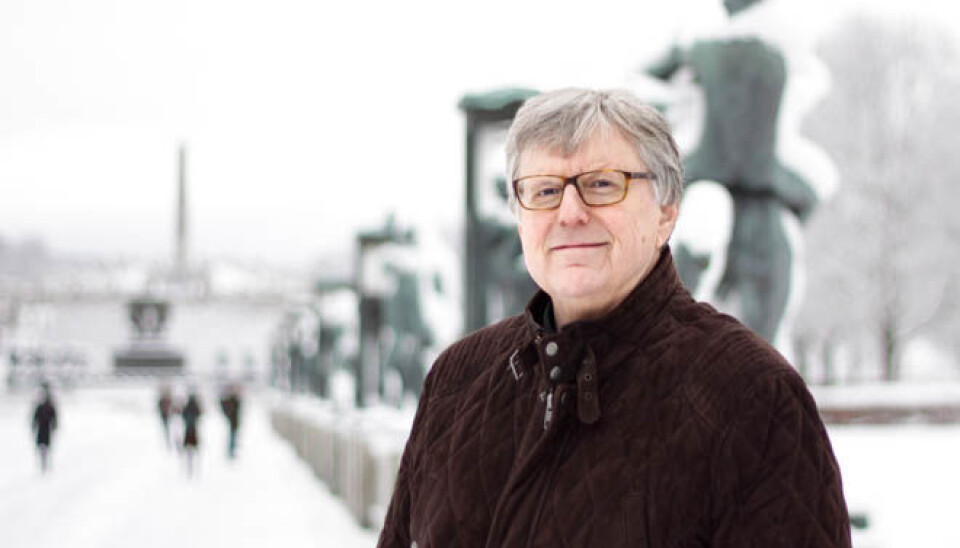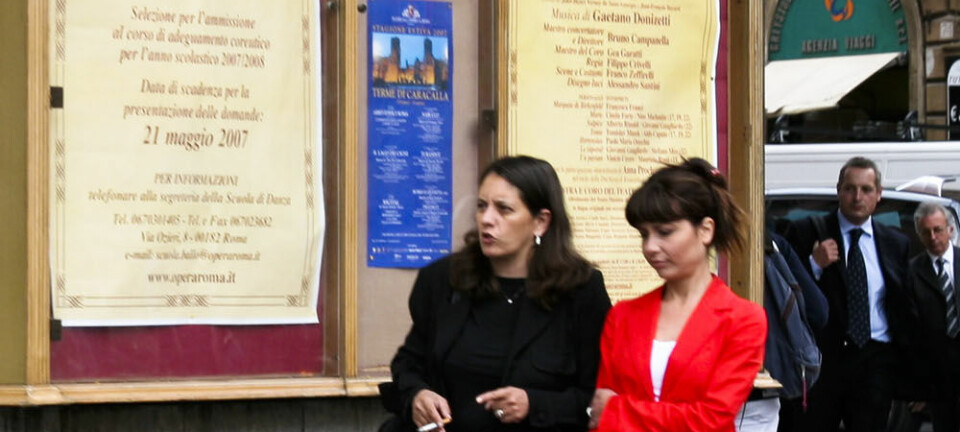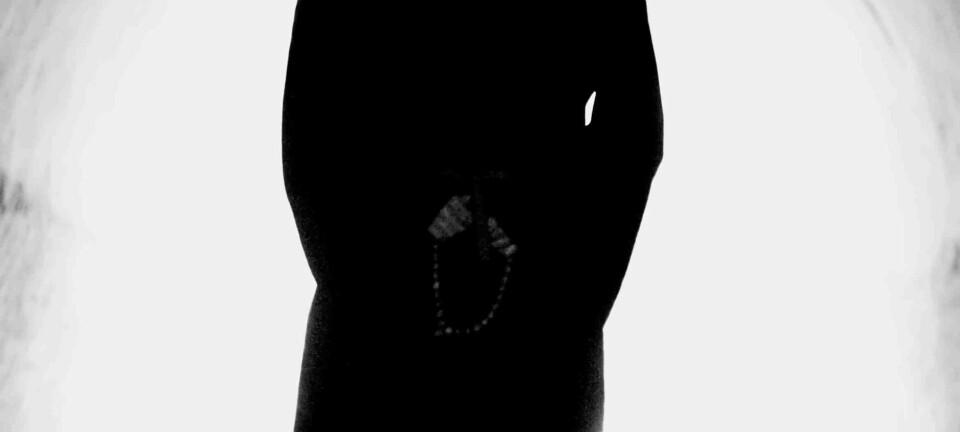
Norwegian elite support immigration
The social elite in Norway are more supportive of immigration than the rest of the country’s population. The elite are also very supportive of the welfare state, but not everyone with lots of money is thrilled with the redistribution of wealth.
The future of the Norwegian welfare state largely depends on support from the country’s elite, says Trygve Gulbrandsen, a social scientist at the University of Oslo’s Institute for Social Research (ISF).
If the elite fail to support the welfare state and the extensive redistribution of benefits that Norway has today, then the country risks becoming a completely different society, he says. A weakened welfare state will result in significantly more inequality and a society that looks more like the US and the UK.
His latest research has been collected in a new book, "Elites in an Egalitarian Society: Support for the Nordic Model".
Much more supportive of immigration
Gulbrandsen has conducted two recent studies of the Norwegian elite.
These studies were based on two comprehensive surveys carried out in 2000 and 2015, where 1710 and 1352 people respectively with top positions in Norway were asked about their ideas and opinions. The surveys included business executives, heads of ministries, generals, bishops, editors and heads of universities and cultural institutions.
Gulbrandsen has found that Norway’s elite differ from the rest of the population in one very significant way (aside from the fact that they have more money): the elite are far more supportive of making it easier for foreigners to immigrate to Norway.
“It’s interesting to see that there are also differences in Norway between the average person and the elite when it comes to issues related to the nation's borders,” Gulbrandsen said in an interview posted on the ISF website.
The elite get richer
Norway’s elite have a growing percentage of the country’s economic pie.
At the same time, some among the Norwegian elite are sceptical about continuing the extensive redistribution of money that characterizes the Norwegian welfare state. This is particularly true of business executives, top brass in the military and executives with large fortunes.
Elite members of academia, the world of culture and arts and the church, on the other hand, are strong defenders of today's welfare state.
Less willing to share
There is still considerable support for an active welfare state and for cooperation with the general working population among the Norwegian elite, Gulbrandsen says.
Among the elites, however, there has been a slight decline in support for approaches to reduce economic differences.
“It’s interesting that this is happening at the same time as income differences in Norway are growing. The elite have a larger part of the economic pie, but are less willing to share,” he said.
Support for more extreme political parties
Both the Norwegian elite and the rest of the population continue to strongly support the country’s political institutions. And the elite in Norway have gained increased confidence in the country’s political institutions since the turn of the millennium, Gulbrandsen says.
At the same time, Gulbrandsen’s data suggest that the elite are much more likely than the rest of the population to vote for political parties that are more extreme.
The elite are thus more polarized politically than the rest of the Norwegian population.
A large proportion of voters among the elite supported right- or left-leaning parties in the 2013 election, while few voted for more centrist parties, he said.
Reference: Trygve Gulbrandsen: “Elites in an Egalitarian Society. Support for the Nordic Model”, Palgrave Macmillian, 2019.
----------
Read the Norwegian version of this article at forskning.no



































